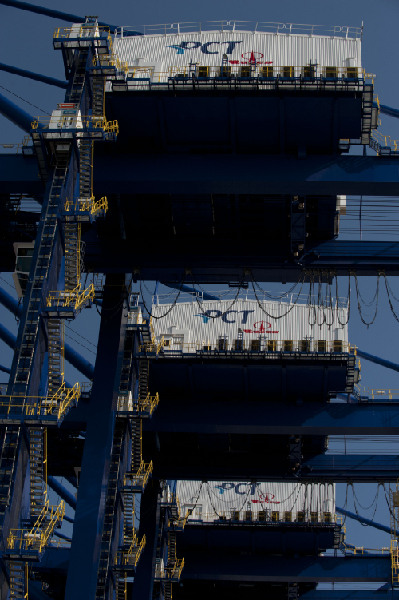At present, Chinese investment in Europe is entering a period of rapid growth. China and the European Union (EU) are discussing how to dock their strategic economic development and investment plans together, Shen Danyang, spokesperson of China's Ministry of Commerce, said at a press briefing in Beijing on July 7.
At the China-EU summit in Brussels in late June, Chinese Premier Li Keqiang and President of the European Commission Jean-Claude Juncker agreed to align their development strategies, namely, the China-proposed Silk Road Economic Belt and the 21st-Century Maritime Silk Road (the Belt and Road Initiative) and the EU's Investment Plan, also known as the Juncker Plan.

The Belt and Road Initiative, which aims to promote common economic development along the ancient Silk Road, have been embraced by many countries since it was proposed by Chinese President Xi Jinping in 2013. Likewise, under the Juncker Plan, the EU will mobilize at least 315 billion euros ($345 billion) from public and private sources of finance over the next three years (2015-17) to expand European economic growth and boost employment.
Shen said that Chinese investment has targeted a wide range of areas across the EU market, including machinery, automobile, property, shipping, telecom, energy and finance. For the foreseeable future at least, the outlook for China-EU cooperation is promising.
The major EU economies, Britain, France, Germany and Italy, have joined the China-proposed Asian Infrastructure Investment Bank, which is part of the Road and Belt Initiative, as founding members and in turn, the EU has welcomed China's participation in the Juncker Plan.
During Premier Li's visit to Brussels, financial bodies from both regions inked a number of agreements, including those related to the currency exchange mechanism of 700 billion yuan ($114.19 billion) and improving conditions for RMB Qualified Foreign Institutional Investors. This will facilitate trade and economic cooperation between China and the EU, Shen said.
"The Belt and Road Initiative is highly complementary to the EU's investment plan. The docking of the two plans can offer new opportunities for closer China-EU cooperation," Gai Lin, Secretary General of the EU-China Friendship Group of the European Parliament, said to Beijing-based Economic Information Daily.
Over the past few decades, China and the EU have maintained sound relations and robust trade growth. The two sides have been each other's largest trading partners for some time. Furthermore, China and the EU are mutually complementary in terms of economic structure, with the EU possessing advantages in production and technology, while China has huge potential in terms of human resources and its burgeoning market, Gai said.
At present, Europe needs foreign investment to finance its small and medium-sized businesses and to boost its real economy, including areas such as infrastructure, information technology, and clean energy. In the China-proposed Belt and Road Initiative, China calls for close cooperation on fields above, which meet the goals of the EU, Gai said.


















































